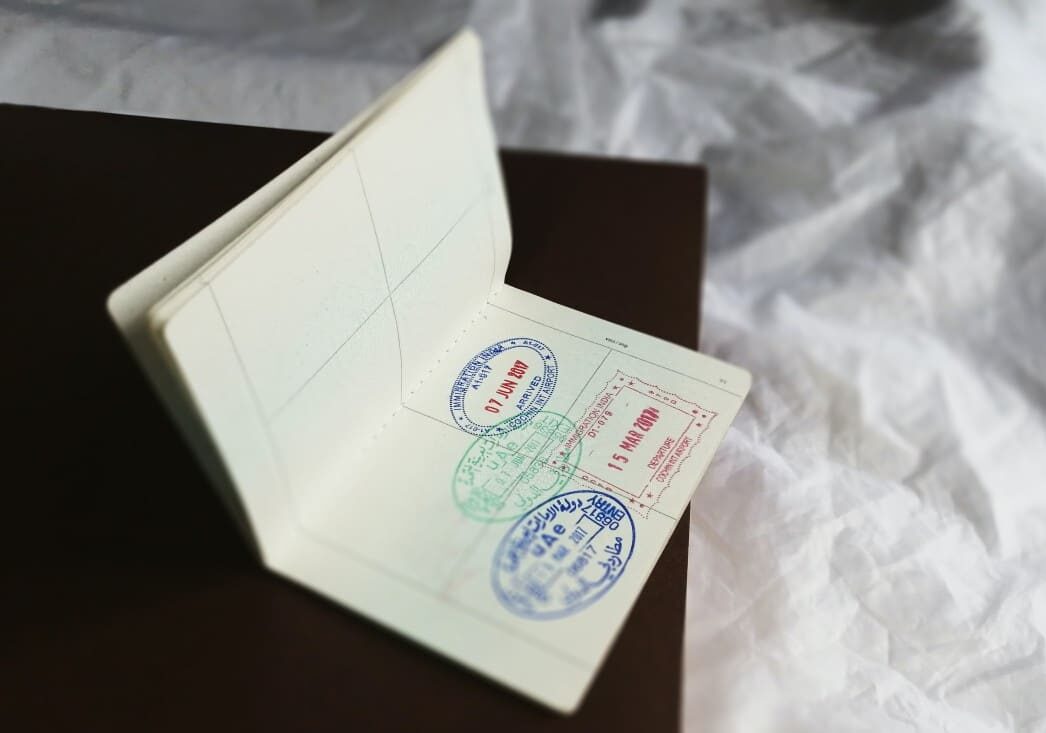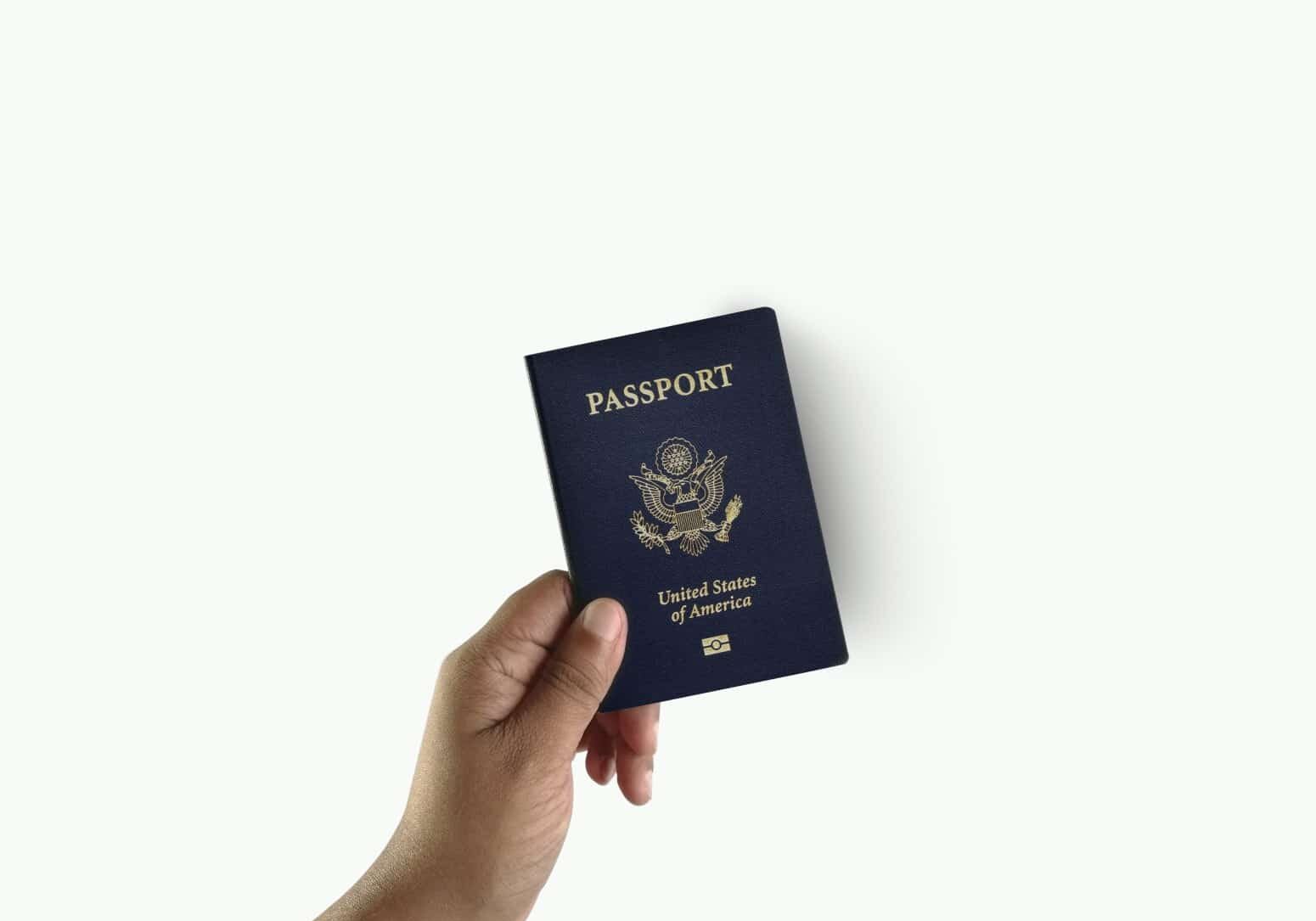Embarking on the journey of citizenship by naturalization offers the opportunity to call a foreign country your own, immerse in its culture, and enjoy the privileges it entails. But what does it take to apply for naturalization? Join us as we explore the prerequisites, residence permits, unique features, and average timelines across countries.
Discover faster options and better immigration services like citizenship by investment and popular pathways such as marriage and ancestral heritage when you apply for naturalization. Get ready to uncover the world of naturalization laws and take a step closer to your global citizenship and naturalization aspirations.
Grounds for Obtaining Citizenship through Naturalization

Residency requirement: Most countries may need a period of continuous residency as a prerequisite for naturalization. This means that when you apply for naturalization, you must have lived in the country for a specified number of years, usually uninterrupted, prior to applying for citizenship. The duration of residency you must meet can vary widely as eligibility for naturalization, ranging from a few years to over a decade, depending on the country.
Good moral character: Maintaining good moral character is an essential criterion you must meet for naturalization. It implies that the applicant or naturalized citizen should have a clean criminal record without criminal convictions and sound character. Countries that grant citizenship may need to conduct background checks and scrutinize applicants’ and naturalized citizens’ conduct, behavior, and reputation during residency to assess their moral character.
Language proficiency: Language proficiency is often a requirement to demonstrate integration and the ability to communicate effectively in the host country. Many countries require applicants to pass language tests to ensure a basic understanding of the official language(s). This proficiency requirement may involve written, spoken, and comprehension skills.
Knowledge of the country’s history, culture, and institutions: To ensure a meaningful connection and integration into the host country, applicants may be required to demonstrate knowledge of its history, culture, and institutions. This knowledge can be assessed through citizenship tests or interviews, where applicants may be asked questions about the country’s political system, geography, customs, and traditions.
Pledge of Allegiance: Applicants are often required to make a pledge of allegiance or loyalty to the host country, offering citizenship and immigration services to foreigners born outside. This pledge signifies a commitment to uphold the country’s laws, values, and principles. It symbolizes the applicant’s willingness to become an active and responsible citizen, contributing to the well-being and development of the nation as an eligibility for naturalization.
It is important to note that the specific requirements for naturalization can vary significantly among countries. Some nations may have additional grounds for application for naturalization, such as financial stability, employment, or education criteria. Additionally, certain countries may offer accelerated or simplified citizenship and immigration services for individuals with close family ties, such as marriage to a citizen or ancestral connections to the country.
Receive the residence permit: If your application is approved, you will receive your residence permit. This permit will outline the duration of your stay, any conditions attached to it, and any rights or privileges you may have during this period. Make sure to review the permit and comply with its terms carefully. Once you have obtained your residence permit, it is essential to adhere to the residency requirements outlined by the state and local courts. This typically includes maintaining your lawful permanent residence, complying with immigration law, and abiding by any conditions associated with your permanent resident permit.
Features of Naturalization in Different Countries
Features of citizenship and naturalization in different countries can vary significantly based on their respective laws, policies, current status, and cultural contexts. Here are some key features like investment immigration, dual citizenship, and ancestral immigration, observed in the naturalization process of various countries, along with the following requirements:
Residency requirement
- United States: United States citizenship generally requires continuous residence for at least five years (three years for spouses of US citizens).
- Canada: Typically requires physical presence or continuous residence in Canada for at least 1,095 days during the five years preceding the application.
- Germany: Usually requires a residence period of eight years (reduced to seven years with integration courses) for most applicants in the naturalization process.
Language proficiency
- United Kingdom: Requires passing an English language test and demonstrating knowledge of life in the UK in the naturalization process.
- Sweden: Requires passing a Swedish language test or showing proof of Swedish language proficiency.
- Netherlands: Requires passing the Civic Integration Examination, which includes language proficiency assessment.
Citizenship tests or interviews
- Australia: Requires passing a citizenship test assessing knowledge of Australian history, society, and government.
- France: Requires an interview with local authorities to assess integration, language skills, and knowledge of French society.
- Switzerland: Requires passing an interview with municipal authorities to evaluate language proficiency and integration.
Dual citizenship
- United Kingdom: Allows dual citizenship, enabling individuals to retain their original citizenship while acquiring British citizenship.
- Mexico: Permits dual citizenship, allowing individuals to maintain their Mexican citizenship while obtaining dual nationality.
- Italy: Recognizes multiple citizenships and dual citizenship, allowing individuals to acquire Italian citizenship without renouncing their existing citizenship.
Ancestral or descent-based naturalization
- Ireland: Allows children born with Irish ancestry or descent to claim citizenship through the Foreign Births Register.
- Israel: Grants citizenship to individuals of Jewish heritage under the Law of Return, irrespective of residency or previous nationality.
- Greece: Offers citizenship through significant investments up to the third generation, known as the “Greek diaspora.”
Economic contribution
- Cyprus: Offers a Cyprus Golden Visa program, allowing individuals to acquire citizenship through significant investments in real estate, business, or government bonds.
- Malta: Operates a similar program called the Maltese Citizenship Act Granting of Citizenship for Exceptional Services Regulations (CES), offering citizenship to individuals who make substantial economic contributions to the country.
- St. Kitts and Nevis: Provides citizenship through its Citizenship by Investment program, where applicants can contribute to the country’s economy through investments.
How to obtain a residence permit before naturalization?

Determine the appropriate residence permit category: Identify the residence permit category that aligns with your circumstances as a foreign citizen. Common categories include employment-based permits, family reunification, study, and investment-based permits. Choose the residency pathway that suits your situation and goals.
Gather the required documentation: Collect all the necessary documentation for your permit application. This may include your passport, proof of accommodation, proof of financial means, employment contracts, educational qualifications, health insurance, and other supporting documents like a marriage certificate specified by the citizenship and immigration services authorities.
Complete the application form: Fill out the residence permit or citizenship application form accurately and provide all the required information. Pay attention to any specific instructions or guidelines provided by the various immigration law or authorities.
Submit the application: Submit your completed application form, two passport-style photographs, and the supporting documents to the appropriate immigration office or embassy that let you apply for naturalization services. Follow the designated submission process, including paying the filing fee and adhering to any appointment or online submission requirements. For example, in the US, you must download and complete the N-400 form.
Attend biometrics appointment (if applicable): In some cases, you may be required to attend a biometrics appointment where your fingerprints, photograph, biometrics fee, or other biometric information will be collected. This is done as part of the requirements established for identification and security purposes when you apply for naturalization.

Attend interviews or medical examinations (if required): In certain instances, you may be called for an interview or be required to undergo a medical examination as part of the residence permit application process. Follow any instructions given, fulfill other requirements, and be physically present to attend these appointments as scheduled.
Receive the residence permit: If your application is approved, you will receive your residence permit. This permit will outline the duration of your stay, any conditions attached to it, and any rights or privileges you may have during this period. Make sure to review the permit and comply with its terms carefully. Once you have obtained your residence permit, it is essential to adhere to the residency requirements outlined by the state and local courts. This typically includes maintaining your lawful permanent residence, complying with immigration law, and abiding by any conditions associated with your permanent resident permit.
Average Period of Naturalization in Different Countries
The average period of naturalization, also known as the time it takes to become a citizen through the naturalization process, can vary significantly from country to country. Here are some examples of the average periods observed in different countries:
Country | Average Period |
United States | Approximately five years |
Canada | About three to five years |
Australia | Around four years |
United Kingdom | Typically five years |
Germany | Varies, but typically around eight years |
Sweden | Approximately five years |
Switzerland | Generally ten years |
It’s important to note that the average periods mentioned above are approximate and can vary based on individual circumstances, such as language proficiency, age, permanent resident status, and other factors. Additionally, changes in immigration policies and laws can impact the average periods over time.
Which countries provide the fastest way to citizenship by investment?
Several countries offer citizenship by investment programs that provide an accelerated pathway to citizenship in exchange for significant financial contributions. Here are some other countries that are known for their relatively fast routes to citizenship through investment and immigration benefits:
Cyprus
- Cyprus offers a Cyprus Golden Visa program with a minimum investment of €300,000 or $322,179
- Investment options: Requires substantial investment in real estate, government bonds, or business investments
- Timeline: The process typically takes three months to obtain a lawful permanent residents permit
Malta
- Malta operates the Malta Permanent Residence Program (MPRP) with a minimum investment of €745,520 or $800,000. You will need to make a series of three investments: A direct-non refundable investment, an investment into real estate, and a philanthropic donation.
- Investment options: Investing in the National Development and Social Fund for philanthropic donations, government bonds, and real estate investments
- Timeline: Citizenship can be obtained within approximately 12 months
St. Kitts and Nevis
- St. Kitts and Nevis operate the Citizenship by Investment Program from a minimum investment of $250,000.
- Investment options: Requires a financial contribution to the Sustainable Island State Contribution (SISC) or an investment in real estate
- Timeline: Citizenship can be obtained in approximately four months
Antigua and Barbuda
- Antigua and Barbuda offer the Citizenship by Investment Program starting from €93190 or $100,000
- Investment options: Requires a contribution to the National Development Fund or investments in real estate or businesses
- Timeline: Citizenship can be obtained in around three to six months
Grenada
- Grenada operates the Citizenship by Investment Program starting from €139,785 or $150,000
- Investment options: Requires a contribution to the National Transformation Fund or investments in real estate
- Timeline: Citizenship can be obtained within approximately three to six months
The Most Popular Ways to Naturalized Citizen

- By birth: Citizenship based on where you are born or the nationality of your parents.
- Descent or ancestry: Claiming citizenship based on familial ties and ancestral heritage.
- Marriage or civil partnership: Pathways to citizenship through marriage or civil partnerships with citizens of a country.
- Immigration investment: Obtaining citizenship or residency by making significant financial investments in a country’s economy.
- Refugee or asylum status: Eligibility for citizenship after being granted refugee or asylum status and fulfilling residency requirements.
The journey towards naturalized citizenship is a significant undertaking, with each country offering a naturalization based on its unique requirements and pathways. The options are diverse and varied, from residency requirements to language proficiency and investment programs to ancestral connections.
Frequently Asked Questions about Citizenship through Naturalization Process
What is citizenship through naturalization?
Citizenship through naturalization refers to the process through which an individual acquires citizenship of a country by meeting the legal requirements for acquired citizenship set by that country, typically involving residency, language proficiency, and passing a citizenship test.
What are the five requirements for naturalization?
The specific requirements for naturalization vary from country to country but generally include:
a) Meeting the minimum residency government
b) Having a lawful immigration status
c) Demonstrating knowledge of the country’s language, history, and government
d) Passing a citizenship test or interview
e) Displaying good moral character and abiding by the country’s laws
Is naturalization the same as citizenship?
Naturalization is the process of obtaining citizenship, while citizenship is the legal status of a member of a particular country. Naturalization is how an individual becomes a citizen, while citizenship is holding the status of being a citizen of a particular country and also encompasses the rights, privileges, and responsibilities that the citizens of the country can enjoy.
How long does it take to get citizenship through naturalization?
The length of time it takes to obtain citizenship through naturalization can vary depending on several factors, including the country where you are applying for citizenship, your individual circumstances, and the efficiency of the immigration system in that country.
In the United States, for example, the process typically takes several years.
What does it mean to get naturalisation?
Naturalization is the process by which a foreign citizen or national becomes a citizen or national of another country. It’s typically a legal process governed by the laws of the country in which the individual seeks citizenship.
What is a naturalized citizen?
A naturalized citizen is an individual who has acquired citizenship in a country through the process of naturalization, as opposed to citizenship acquired by birth.




